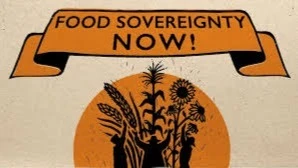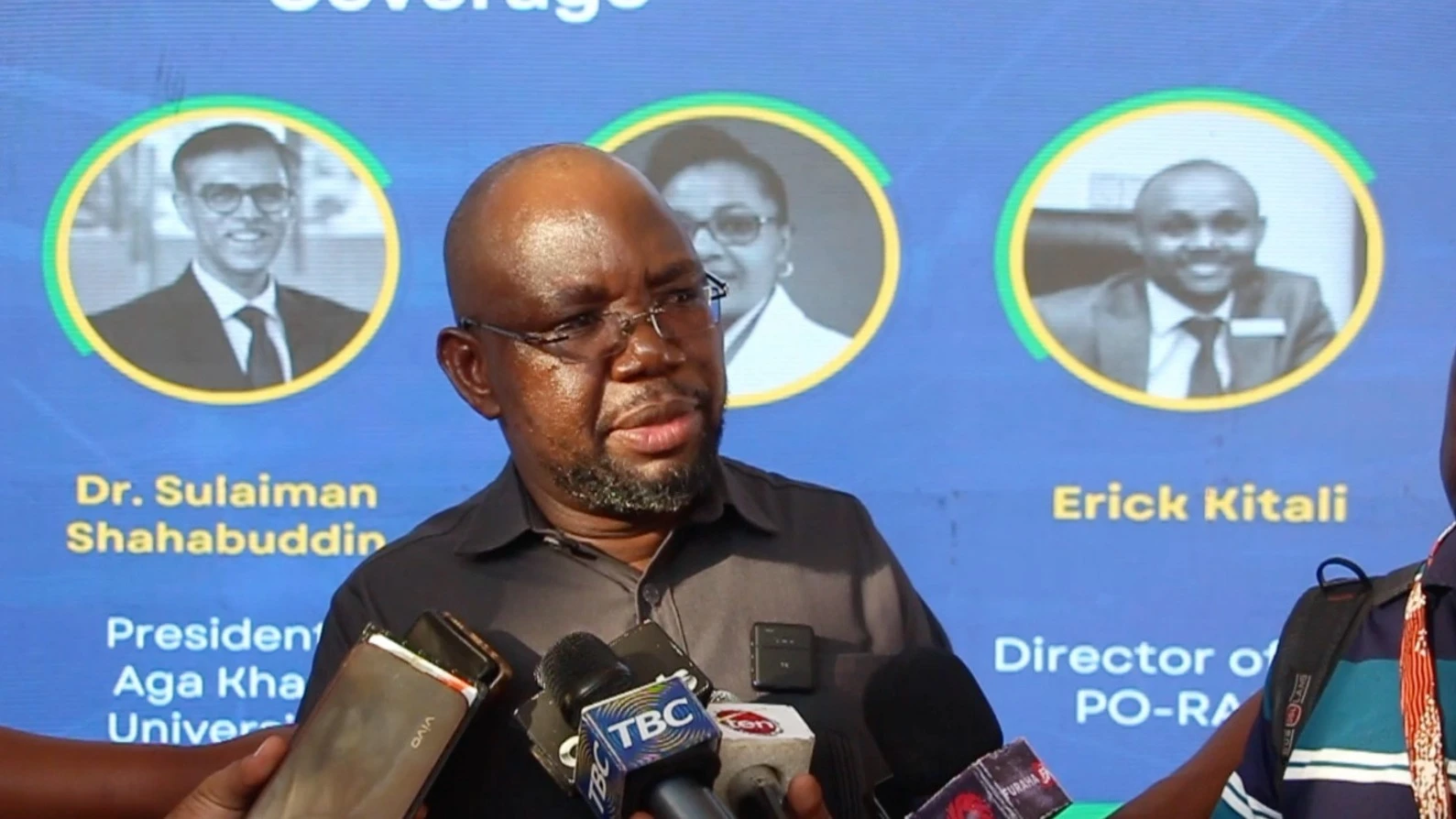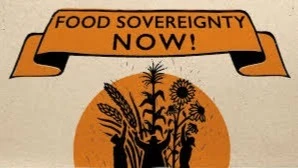Namibia launches bold five-year strategy to secure food sovereignty and slash imports

NAMIBIA has unveiled a comprehensive national strategy aimed at fundamentally transforming its crop sector, significantly enhancing food sovereignty, and reducing the nation's heavy reliance on agricultural imports.
The new strategic direction is encapsulated in a series of ambitious, integrated documents formalized on Friday in the capital. The minister of Agriculture, Fisheries, Water, and Land Reform, Inge Zaamwani, introduced the key milestones at the launch event, including the Namibian Agronomic Board’s annual report, a five-year integrated business plan (IBP), a five-year crop value chain development strategy (CVCDS), and a targeted potato development scheme.
"Together, these milestones are not simply documents; they are a renewed commitment to transform the crop subsector and accelerate food self-sufficiency," minister Zaamwani declared.
The new strategy is a direct response to Namibia’s national priorities, aligning with the objectives of the sixth national development plan (NDP6), which has designated agriculture as the nation’s number one priority. Given that approximately 70 percent of Namibia's population depends on agricultural activities for their livelihood, primarily in the subsistence farming sector, the success of this strategy is vital for national stability and poverty reduction.
The core of the new strategic direction lies in the crop value chain development strategy (CVCDS). Minister Zaamwani explained that this strategy adopts a holistic value chain approach, designed to address every segment of the crop subsector. This integrated focus covers everything from initial inputs (including seeds, fertilizers, and equipment) through production, processing, storage, and marketing. By managing the entire chain, the government aims to create resilient and efficient domestic food systems.
Among the initiatives unveiled, the Potato Development Scheme stands out as the most immediate high-impact project. This scheme is intended to serve as a model for similar development plans in other priority crops, providing a rapid boost to local capacity.
The scheme is specifically expected to achieve three critical goals: Boost local potato production to meet domestic demand. Create jobs across the entire potato value chain, from field labor to processing roles.
Reduce reliance on imports of potatoes and potato products.Furthermore, the scheme will promote agro-processing, encouraging the local production of value-added goods such as chips, crisps, and starch. This shift from simple commodity production to advanced processing is a crucial component of securing long-term economic benefits and maximizing the value generated within Namibia's borders.
Minister Zaamwani concluded by affirming that by unveiling the IBP, CVCDS, and the Potato Development Scheme, the country is definitively charting a course toward a future where the crop sector is not just self-sufficient, but also sustainable, resilient, and globally competitive. The focus is now on disciplined execution to realise the national goal of food sovereignty.
Top Headlines
© 2025 IPPMEDIA.COM. ALL RIGHTS RESERVED






















